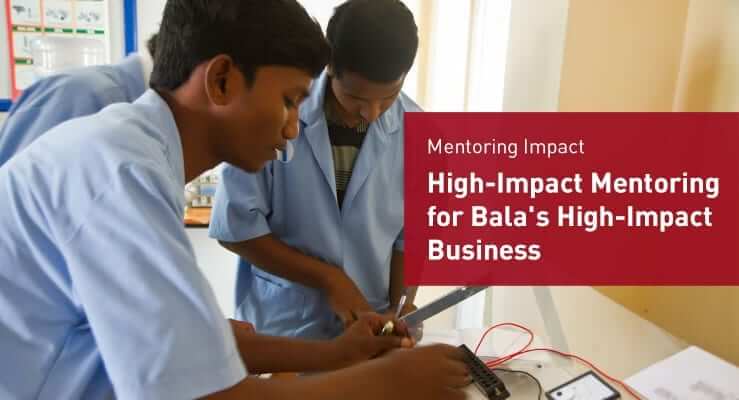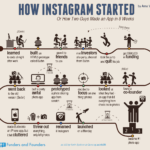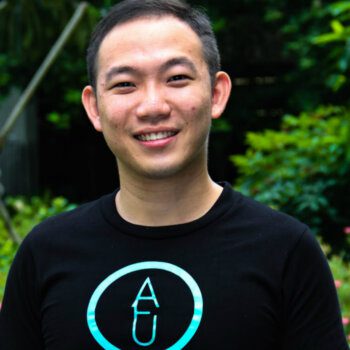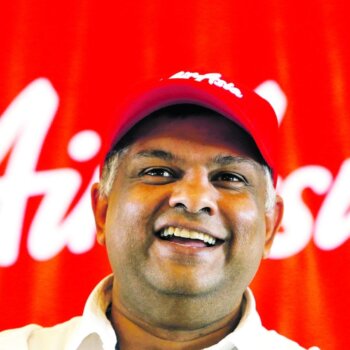The Asian Entrepreneur speaks with SAP and Bala Tripura Sundari, founder of Involute Institute on how she got associated with the NEN-SAP program. The NEN-SAP Emerging Entrepreneur Mentoring Program supports innovative businesses that are addressing the most pressing societal challenges. The program offers high-potential social ventures access to business mentorship and education, technology donations, select grant-funding from SAP, and impact-funding through SAP’s network of impact investors. Selected ventures are ideally ready to scale, in need of technology to grow, and driving social impact in their local markets.
How did you get associated with NEN-SAP and how did this programme make a difference?
Bala: I met a mentor from NEN at a conference and found in her a very sensible and experienced person. I started talking to her regularly and it sort of developed into a formal relationship. I got access to the team at SAP through NEN.
At the time I entered into the engagement with SAP, my company was operating from the state of Andhra Pradesh (South India) with 3 centers. The plan for the next six months was to expand to Maharashtra (Western India) and Karnataka (Southern India). The challenge was to manage content transfer across centers in these states, collect critical information from a single point in Hyderabad (capital city of Andhra Pradesh) so that performance could be monitored and controlled. Now, we have 80 employees in 3 states in India. The mentorship provided by SAP helped our team to understand process operations.
What role did the SAP mentors play in the expansion of Involute?
Bala: The engagement with the mentors at SAP has been very useful wherein right from the beginning the timeframe and end objectives were clearly defined. Priorities were set. The discussions with Anand and Neel (SAP mentors) helped us in more ways than we could think of. Other than receiving valuable inputs in terms of processes and content management, we also got many inputs about our whole business plan. We were able to identify new territories of operation in the course of the discussions. The mentors from SAP were very professional in their approach which enabled transparency in the relationship.
We also understood certain things about the internal processes at SAP, which worked as a benchmark for IITT. We have now laid down the processes and check points and look forward to implementing the right IT tools.
SAP: An example of a situation where we would be loud and clear as mentors would be technology assessment of what suits best for scaling Involute’s business. Another example was when we discussed the best practice of protecting and efficiently using intellectual property created by Involute while running its day to day training curriculums.
Do you believe your contribution as mentors resulted in new ideas for Involute?
SAP: When Involute explained their monitoring mechanisms on the topic of scalability, we felt that they were leaning towards more micro-management. That’s when the discussion began on core strengths, marketing, talking about the partnerships and the impact. To build a social media presence, it may go a long way in helping them create visibility by hiring young techies, and could help open up new opportunities for collaborating with partners outside of India.
Another idea we brought to the table was, “Why not consider entering another niche space and creating a ‘first’?” We brought this up in a conversation while discussing the latest news on the potential of 3D-manufacturing, and prompted Involute to harness some synergies out of their current strengths to incorporate 3D-manufacturing if it does emerge in India.































